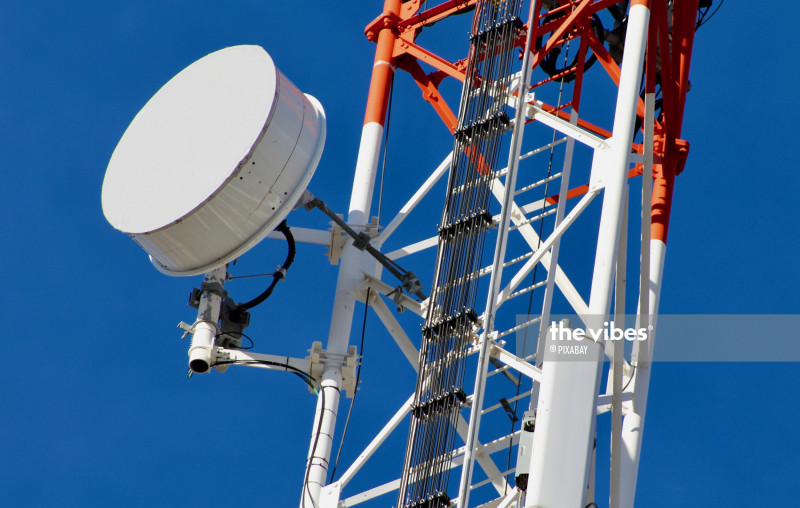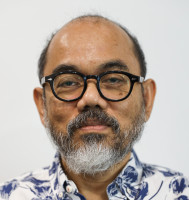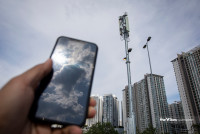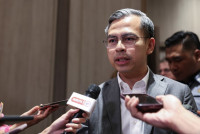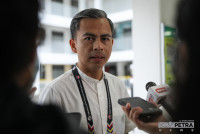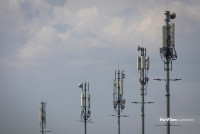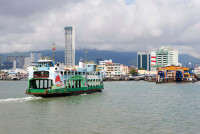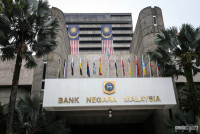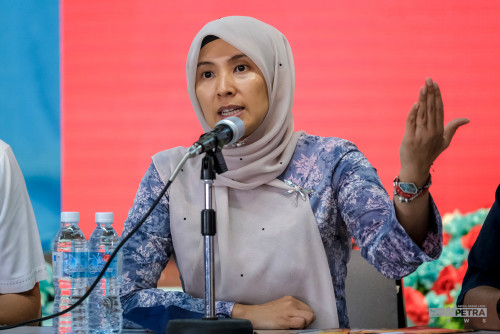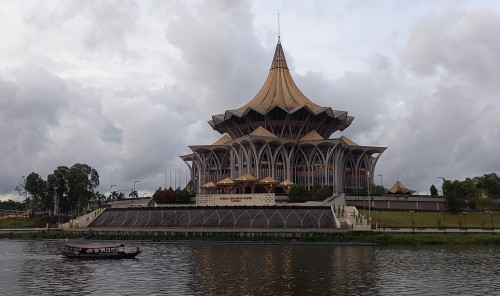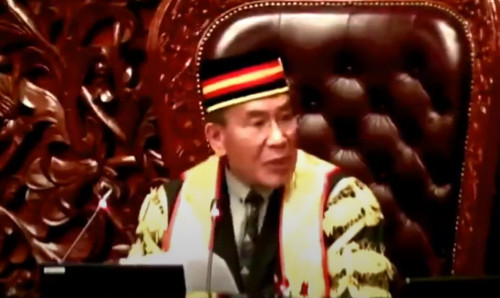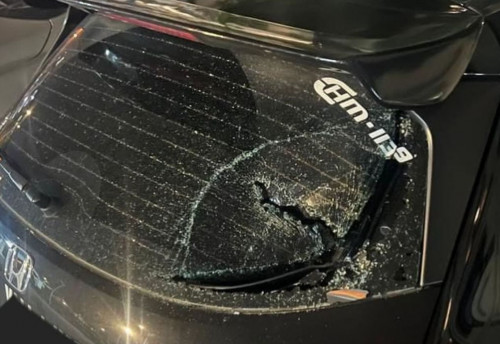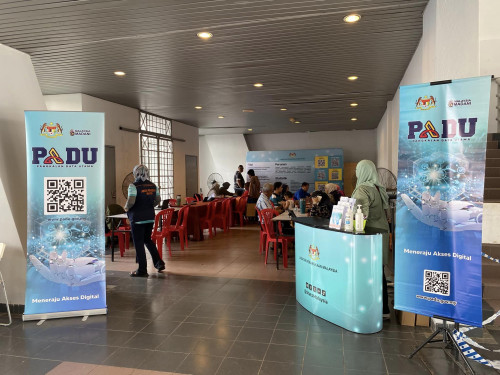THE four major telcos – Celcom, Digi, Maxis and U Mobile, collectively known in the industry by its CDMU moniker – have been seen to be lockstep in their resistance to the implementation of the national 5G service by Digital Nasional Bhd (DNB).
Government-owned DNB has been tasked to build the nation’s infrastructure for 5G, which is the next and exciting stage of mobile telephony, and telcos shall subscribe for access and subsequently offer products and services to consumers.
The rationale for DNB is to hasten 5G rollout, in which we are behind compared to our neighbours; reduce duplication in network investments by the telcos; and ensure wider coverage, including to less commercially attractive areas of the country.
Also, given that the telcos need not spend billions investing in their networks, they would spend their resources competing to offer better services, which, at the end of the day, would benefit consumers and businesses more.
From the start, CDMU members resisted the DNB plan and had proposed their own competing networks, suggesting that it was not a well-thought out plan.
Instead, they proposed theirs, which was seen more as an act of self-preservation than for the good of the nation.
When the government persisted, they grudgingly accepted it, but soon coalesced into the CDMU that we know now. They took unified stands on everything 5G and DNB-related.
They even came out with common statements that carried all their brands, spoke in one voice, and requested meetings with the authorities, interestingly excluding all other industry players, including the biggest of them all: Telekom Malaysia Bhd.
They raised doubts over the terms offered to them for access to DNB’s 5G network; incidentally, terms that were formulated by the Malaysian Communications and Multimedia Commission (MCMC).
To date, they have not signed up with DNB, which, in essence, is a very public display of their resistance and influence. CDMU has collectively about over 85% share of the mobile telecommunication industry.
Thus far, only Telekom Malaysia and YTL signed up to offer 5G services.
The CDMU’s collective rejection meant that their subscribers can only enjoy the better mobile experience if they were to roam abroad, which incidentally, what a telco advertised – enjoy 5G when their subscribers travel to Singapore, Thailand, et cetera.
In yet another move to get them onboard with the national 5G programme, and perhaps even recognising the roles they played in developing the industry, the government offered telcos up to 70% in DNB. The offer is for nine telcos that have network licences to share the stake equally.
The CDMU is now reported to want at least a 51% stake in DNB, rather than collectively at 31%, if the 70% were to be shared equally among the nine telcos.
CDMU’s request for a simple majority presumably would have them controlling DNB and perhaps even determining the fate of the national 5G strategy. The government, through its various statements, seemed to have taken a strong stand against this idea.
Some industry observers suggested much as the CDMU’s initial opposition of the DNB plan was grounded on the fear of new players coming on stream.
It is believed that the DNB plan may democratise the industry with its lower entry cost, and without the need to invest heavily on a network, many new players can come in offering competing services and products.
If this is true, such concerted and coordinated strategy by the CDMU, while clearly self-serving, smacks of anti-competitive behaviour.
A perceived desire by the four to control DNB’s network, and perhaps limiting the entry of new players, is tantamount to cartel-like behaviour.
Furthermore, their collective decision to deny millions of subscribers at places already wired for 5G, especially in the Klang Valley, is rather unbecoming of service providers.
If the CDMU had supported DNB plans, millions could have availed themselves to significantly superior telco services, at a time when mobile telecommunication services – weighed down by growing demand – suck.
It is estimated that up to 15% of Malaysians, especially in the Klang Valley, could have enjoyed 5G services in areas already wired by DNB.
The government anti-competition laws, as per the Malaysia Competition Commission (MyCC), should look askance at such cartel-like behaviour.
However, since the telecommunication industry is regulated by MCMC, incidentally the very agency that prepared the document for them to access DNB’s services that the CDMU objected to, it should seriously look at the strategy employed by them.
At the same time, why not look at current pricing and services offered by them – are there any noticeable differences to suggest competition exists between them?
If indeed a cartel exists, or a cartel-like strategy is emerging among telcos, the MCMC, and the Communication and Multimedia Ministry, must put a stop to it.
It is not wrong to lobby the government, campaign to win the hearts and minds of consumers or even to leverage one’s position to extract a better deal. It is, however, a crime to band together to engineer dominance and discourage competition. – The Vibes, May 27, 2022
Zainul Arifin Mohammed Isa is a veteran newsman with more than 35 years in the business. He is CEO at PETRA News



